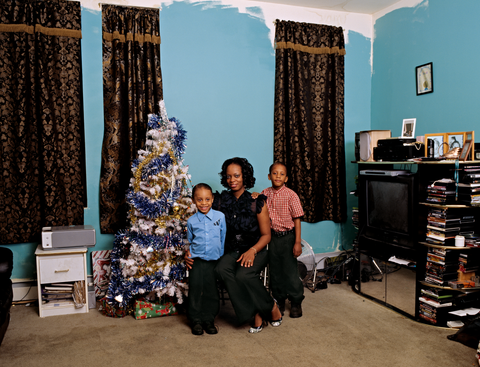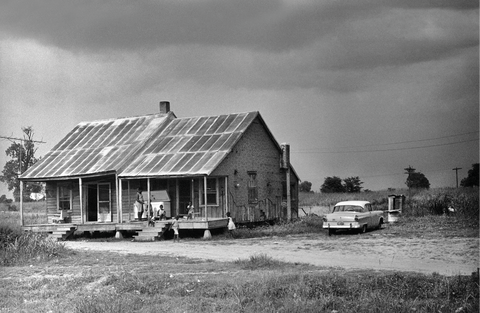...
Blog
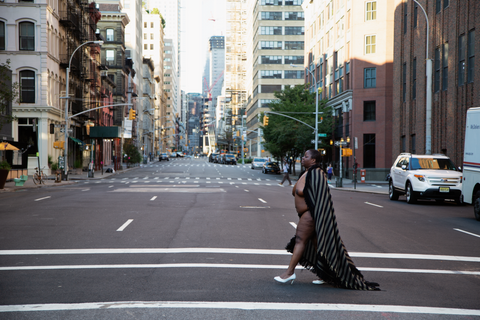
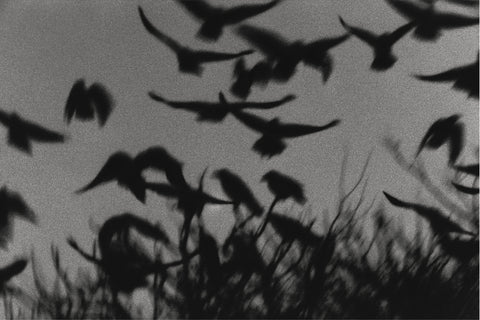

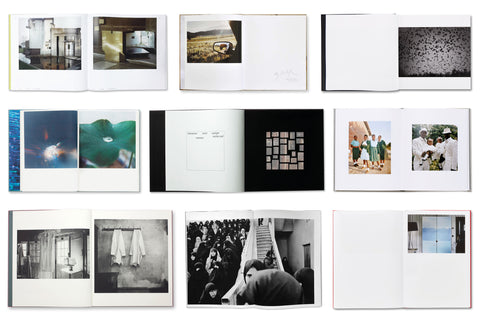
Where can one find temporary help in this hectic world? People go on retreats, join religions, cushion themselves in headphones, or lose themselves in novels. We counter the rush hour stampede with a walk in the park, and against the public squall of political debate we set the private consolation of poetry. In an age of mayhem, everyone needs ballast and, for most people, I would guess, that ballast is made of several different things. Near the top of my personal list: photobooks.
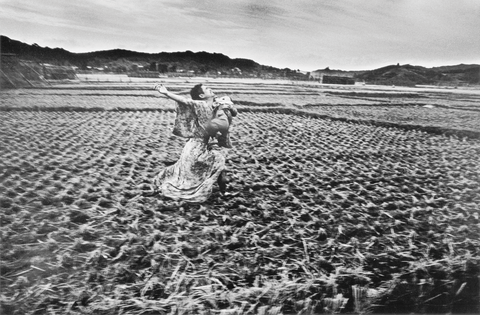
One day, Eikoh Hosoe stopped by and whisked me away to a mysterious world. I had previously seen magical works produced by the camera, but Hosoe’s works did not suggest magic so much as they displayed a quality of mechanical wizardry, as he used this civilized instrument of precision to its utmost against civilization.




